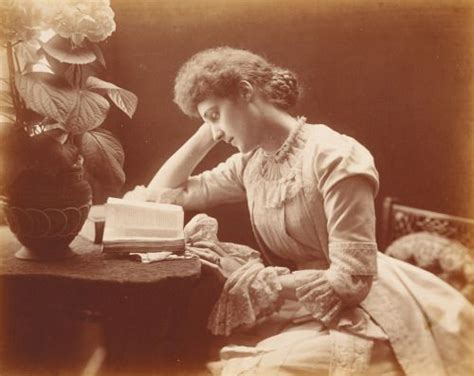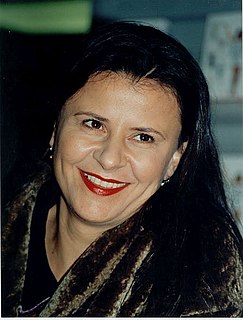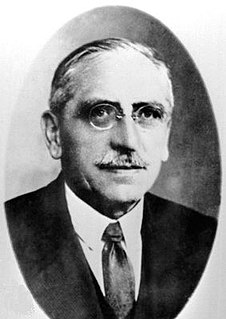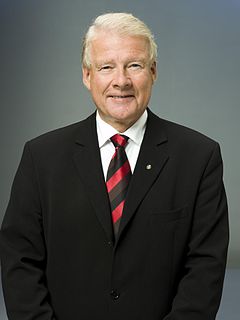A Quote by Lady Violet
If I were to search for logic, I would not look for it among the English upper class.
Related Quotes
If you were a successful upper-middle-class Negro girl in the 1950s and '60s, you were, in practice and imagination, a white Protestant upper middle-class girl. Young, good-looking white women were the most desirable creatures in the world. It was hard not to want to imitate them; it was highly toxic, too, as we would learn.
A very large part of English middle-class education is devoted to the training of servants...In so far as it is, by definition, the training of upper servants, it includes, of course, the instilling of that kind of confidence which will enable the upper servants to supervise and direct the lower servants.
I think that Indian writing in English is a really peculiar beast. I can't think of any literature - perhaps Russian literature in the nineteenth century comes close - so exclusively produced by and closely identified with a tiny but powerful ruling elite, the upper-caste, Anglophone upper middle class, and dependent for so long on book buyers and readers elsewhere.





































